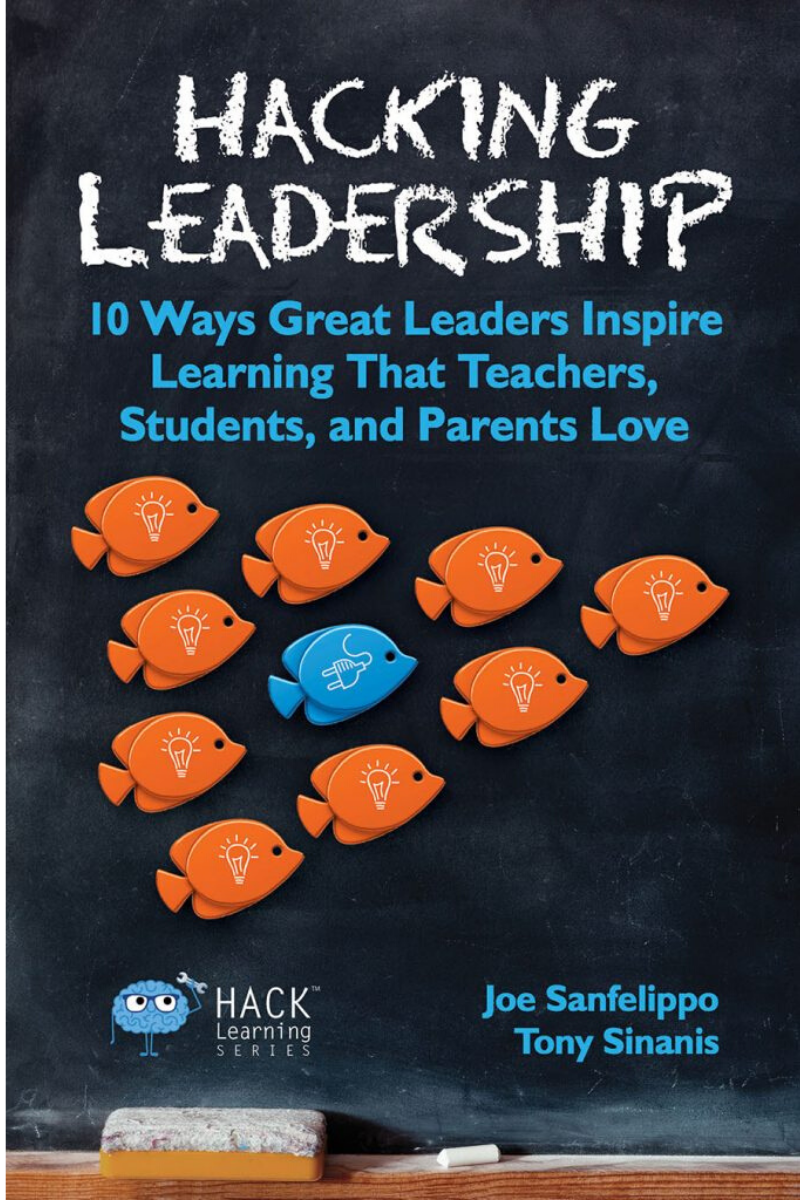ReAssess … ReConsider … ReImagine
Jul 13, 2025
Commentary
By Dr. Tony P. Sinanis and Joe Sanfelippo
One of the greatest opportunities that consistently presents itself to educators is the opportunity to reassess, reconsider, and reimagine our practices.
Whether it happens when we transition from one quarter to another or one school year to the other, we can look back on the things we tried and reflect on what we want to keep, leave aside, or reimagine.
While this opportunity is a norm in our profession, it has never been more critical than it is now as we reflect on what we have learned as educators navigating a global pandemic within a divided nation. At this point, reassessing, reconsidering, and reimagining are not only opportunities—they are necessities!
When the pandemic started, two critical questions faced educators:
- How well did we know our students?
- What were we willing to do for our students when they weren’t physically in our schools (while still caring for ourselves and our loved ones)?
Schools across the country pivoted at a moment's notice and exceeded expectations to ensure that students stayed connected and got all they could during a truly unsettling time.
We became a comfortable known in a world with so many unknowns. We provided as much consistency as possible at a time when there was little. We showed up even when the impact of the pandemic hit close to home. We revised a playbook that didn't even exist. Some things worked well, and some things failed miserably.
And as we look forward, both of those realities need to inform what we do as schools today, tomorrow, and next year.
Think about all the things you have done as a leader, school, district, or community over the last 3 school years that you had not even considered possible prior to March 2020.
- How do we deliver instruction?
- Who do we instruct?
- What is the essential content we must deliver to learners?
This is a perfect time to reassess … reconsider … and reimagine. This is an ideal opportunity to engage in critical reflection and conduct an audit focused on what we do and why we do it—from the way people move through schools to how the instructor delivers content to how the learner demonstrates deep understanding and fluency.
We have more data to support change, even if it’s small, as we plan for the future.
This is the time to reassess … reconsider … and reimagine how schools work to best support students, faculty, staff, and families.
We lead learning organizations. Therefore, leading the learning in those organizations is paramount to moving groups forward. If we expect those we lead to learn and grow, we should model the same practices. We should begin by critically looking at current systems and deciding how to move forward.
Pandemic teaching brought about a whole new paradigm for teaching and learning. While much of what we tried worked, not everything we did during the pandemic should move forward with us. We need to be cognizant of what we ask of those we serve and lead and recognize that we may not have enough data to inform long-term instructional change.
We often see that a teacher, leader, school, or district finds short-term success in a new practice because of the shiny-new-toy mindset (such as using Zoom instead of meeting in person). We see something new, invest our time, change our schedules, and get really excited about it.
We must understand that we may not need the shiny new toy anymore. Instead, we may reconsider something we already have in place to make it better. Bottom line … new is not always better, but it helps us reflect on what we have done, providing an opportunity for critical conversations about the future.
Reflection is great, action on examination is better, and assessment of any action taken is what opens the door to reimagining our systems, materials, and instructional practices.
As the leader in your classroom, building, or district:
- Have you asked those you serve what worked well?
- Have you asked them what to toss?
- Have you wondered which practices are non-negotiable when ensuring the best opportunities for students?
- Have you asked them what they have reassessed, reconsidered, and reimagined based on our experiences over the last few years?
This is not only a great way to inform practice but to develop trust. We take ownership of what we build. We carry more ownership of what we create if we have a say in what materials we used to build it.
As we look toward the future, we are excited to share that leadership is being reassessed, reconsidered, and reimagined with Erika Garcia-Niles' upcoming book Hacking School Leadership.






